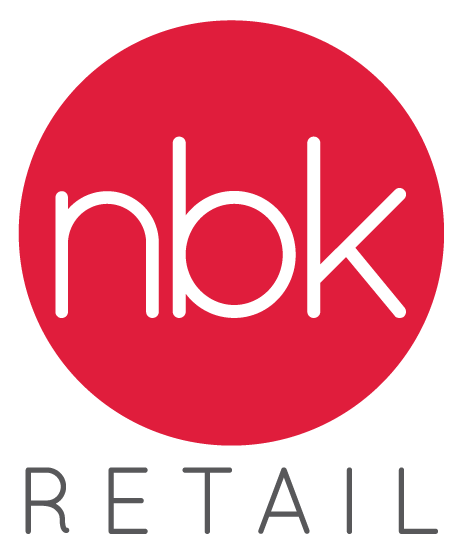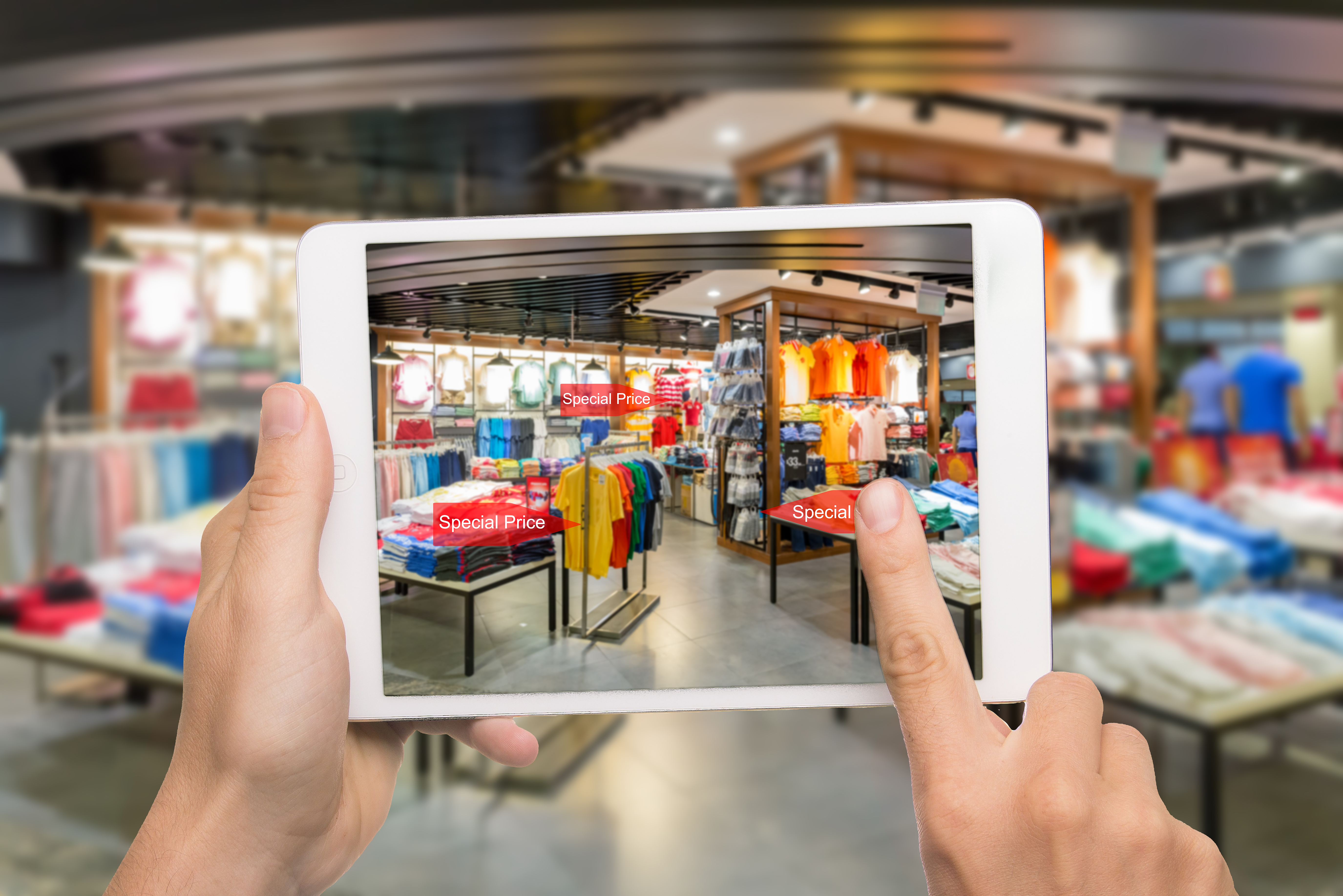Paid partnership with Manhattan Associates
In celebration of International Women’s Day (IWD), I spoke to two of Manhattan Associates’ female leaders – Ann Sung Ruckstuhl, SVP and Chief Marketing Officer, and Heather Mahan, Vice President, Professional Services. From balancing careers with motherhood to overcoming imposter syndrome, we candidly explore some of the challenges that women in business face and share inspirational ideas for change among future female leaders.
Can you name a female role model and how she has influenced your career?
HM: My very first professional experience was at a Fortune 300 chemical manufacturing company. My manager led the quality department and was one of a few female directors in the company. To this day more than 25 years later, I think about and strive to emulate her leadership style, her presence among her peers and her senior management team, her pragmatism, and her confidence.
In a company of engineers and chemists, mostly men, she with her journalism degree brought up female leaders and built balanced-gender and high-performing teams. I didn’t realize at the time what an influence she would have on me but looking back now I am beyond grateful that she was my first boss.
What is the most important piece of advice you have ever been given?
ASR: To move up, you have to be willing to move laterally or even down occasionally for the right opportunities. Keep your eyes on the prize but pace yourself. There are many ways to the top.

“IWD means celebrating and recognizing the significant contributions that women have made to our societies at large. It is an invitation and call-of-action to women of all ages to dream big, speak up and take actions.” – Ann Sung Ruckstuhl
What are the biggest challenges that women in business face today?
ASR: I see two big challenges for women in business today. First, a self-defeating attitude which causes women to constantly second-guess ourselves before reaching for the stars. We tend to over-prepare, under-appreciate our abilities, and end up “not putting our names in the hat” for that next opportunity or promotion. Second, a general lack of C-level sponsors who are willing to coach and give women a shot at the top c-level jobs.
HM: Being a mom and a woman in business is a juggling act. Women still often carry the majority of kid duty, from getting groceries and planning meals, to laundry, to homework help, to shuttling to practice and rehearsal, to making and taking doctor and dentist appointments. The shift in duties at home has not happened as quickly as the shift in our hours at the office, and women in business are challenged to be everything to everyone.
Can you share a time you encountered a challenge as a woman in business and how you overcame it?
ASR: The biggest challenge I encountered in business came as I embarked on motherhood. There were so many moments of discouragement that made me want to step off the fast track. Having to return to work in less than 6 weeks after childbirth, figuring out how to continue to nurse while traveling for business, worrying about quality childcare; there were so many obstacles to overcome. My saving grace was having a supportive husband, a network of friends and trusted paid help who provided the necessary “infrastructure” to make work and life possible.
HM: One of the most common challenges I’ve faced and continue to face is having to work a little harder than male counterparts to establish credibility. I remember being barely 25 when I was sent to Sao Paulo to support a troubled project start up. It took a solid three days until any of the leaders at the site would even acknowledge me, much less listen. However, by the end of the week I had a queue of supervisors asking me for help solving their problems. They begged me to stay an extra week, and when I did eventually fly home, they sent me home with hugs and gifts.

“We need to seek out talented women and mentor them early and often.” – Heather Mahan
What is your proudest professional moment to date?
HM: Two years ago, Manhattan launched Manhattan Active Warehouse Management, our new warehouse management system, versionless and born in the cloud. I led the team that implemented that new solution successfully for our first customer, through COVID, labour shortages, and the supply chain disruption that was 2020. That implementation more than any other in which I’ve participated brought together colleagues from nearly all parts of our organization. Together we delivered value beyond expectation for our customer and in the process ignited the market for our innovative new technology.
How can we encourage more women into leadership positions?
ASR: The desire to lead must come from within. For those who are not interested in leadership positions, it is ok. For those who are interested, we can encourage them to take next steps by doing a couple of things. First, make yourself available for coaching, mentoring, skip-level 1:1s and informational interviews. Second, be your authentic self and share your experiences, routes to leadership, and useful life hacks freely. Actions speak louder than words. Women learn from each other naturally; interactions and benefits go both ways indeed.
HM: As one of a handful of senior female leaders at our company, I try to be highly visible and available for any conversation about career progression, how to balance work and family, and provide input on hard problems, off the record or on. I am transparent about how hard it is sometimes: stressful for me, hard on my husband, and unfair to my three girls when I am traveling or working long hours. But I encourage women that they can find their way and their leadership makes a difference. We also need to provide flexibility in assignments, travel requirements, and office schedules.
If you could give one piece of advice to your younger self, what would you tell her?
ASR: Don’t be so anxious about wanting more – more intellectual stimulation, more travel, more experiences, more friends, more kids, more love, more money, more physical fitness. Pace yourself. You’ll get all that you need, just not all at the same time. So rejoice with what you have, just keep an eye out for that next aspiration.
How can the supply chain industry encourage more women to make it their long-term careers?
ASR: First, inspire women to be a part of the solution by highlighting the multi-faceted challenges facing the supply chain industry – from warehousing, transportation, automation, robotics, machine learning, artificial intelligence, omnichannel retail, environmental sustainability, social responsibilities, ethical business practices to change management – all exciting areas for career growth as well as opportunities to help build a better society.
Second, support women to stay in the industry by providing family-friendly policies including childcare, elderly care, training, proactive career planning and flexible work arrangements.
If you could wave a wand & change one thing for the next generation of female leaders, what would it be?
HM: I would make it possible for moms to have the option to go back to work and keep climbing without concern for their child’s well-being or a financial burden.
ASR: When it comes to that next promotion or career change, be “gender blind” and stop second-guessing yourself. You can do it.
#IWD #Manhinfluencer



